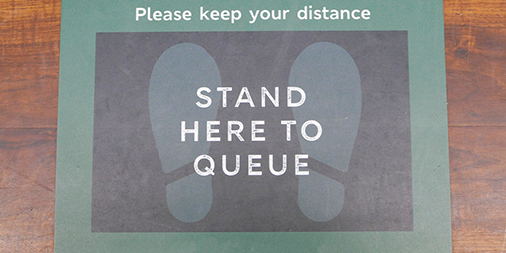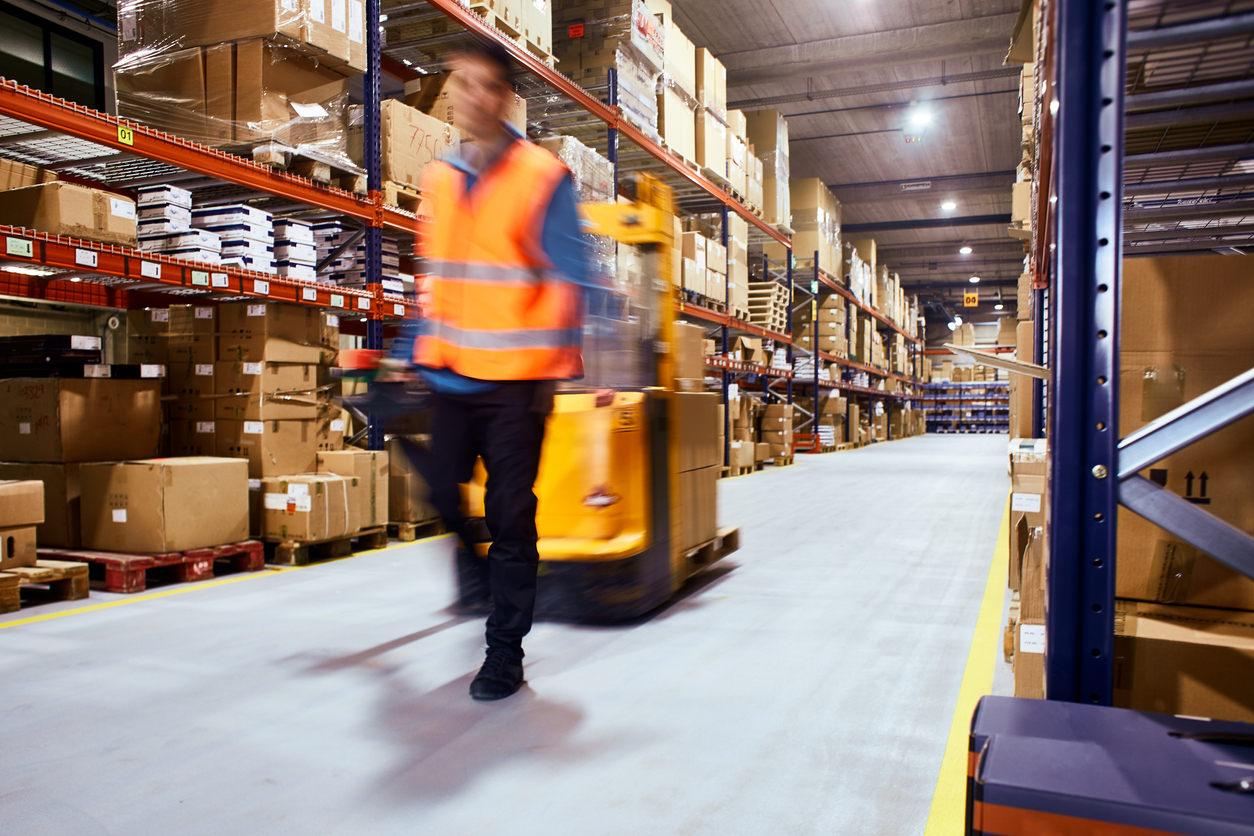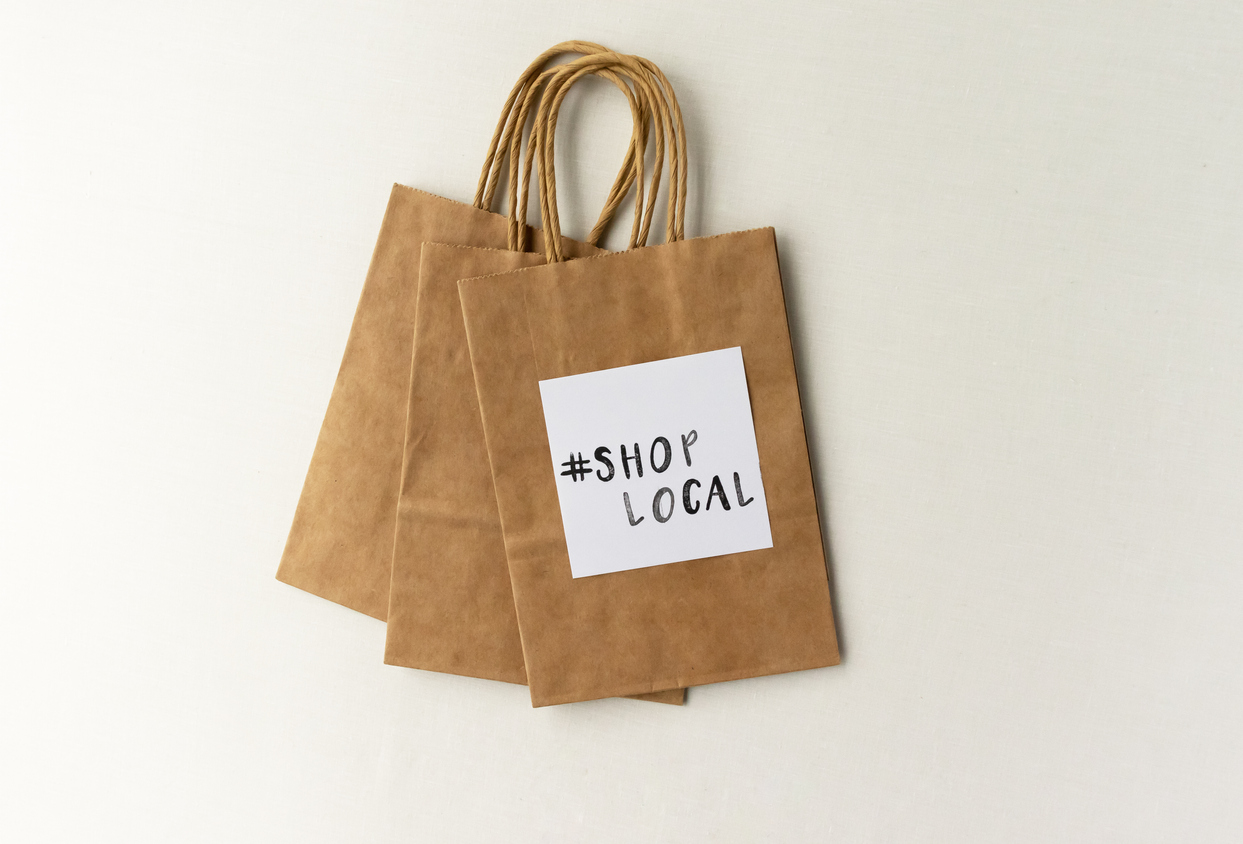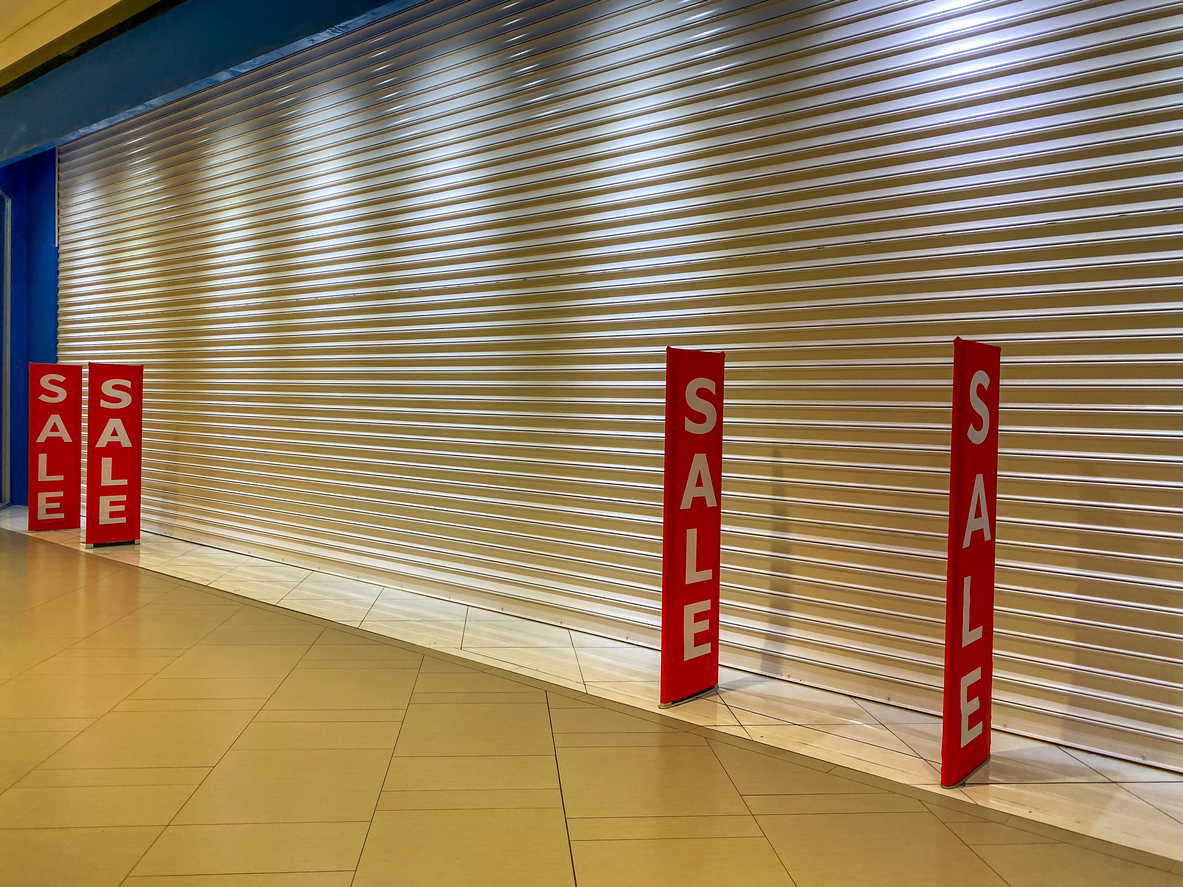
By Ben Sillitoe
Thousands of the stores closing ‘temporarily’ as part of the Covid-19 shutdown will actually turn out to be permanent closures, according to projections made in the early days of the pandemic by industry analyst group Centre for Retail Research.
Cath Kidston and Debenhams are already prime examples of this prediction holding some weight. These companies both announced administrations and subsequent lasting shop closures in recent weeks, with the former actually opting to go “digital-first” and operate with no stores – just online and wholesale – as part of its restructuring.
The future of both companies was uncertain before the coronavirus, so it is disingenuous to call them victims of it, but this seemingly hastened pace of physical retail’s downsizing is one of several post-coronavirus changes to the retail landscape we’ll see.
With the help of IMRG members, I’ve suggested eight key ways life could be different for retailers and consumers when we escape this, frankly, hellish period of health emergency and country-wide lockdown.
1. More online shopping
This is the big one for our industry to debate, and obviously comes with the caveat that since the Covid-19 crisis some online categories have done much better than others.
IMRG stats show clothing sales were pretty non-existent in the early days of lockdown (completely non-existent if you’re Primark), while food, electricals, and items related to the home have been consistently better. In general, though, the closure of so many shops has left online as people’s main option for making a purchase – and there’ll be plenty of them buying in this way for the first time.
Heather Boyd, vice president for global marketing at Metapack, a delivery management software provider, says: “These people are now being forced to adopt a new way of shopping, and now they’ve got a taste of the ease and convenience of eCommerce, they won’t be quick to return to the physical experience.”
2. New online-heavy verticals
The major UK grocers have increased their online and delivery capacity in the last six weeks, and it is unlikely just to drop to pre-coronavirus levels once lockdown is lifted. Too much investment has been put in for retailers to go back to the norm, surely?
Traditionally online has been below 10% of the overall grocery market – low compared to the likes of fashion. But Criteo director Nicole Kivel says the work over the last couple of months will result in “accelerated growth” in online grocery.
Marc Jiggins, director of client management at Yodel, states: “One would expect that many people are getting a better understanding of how convenient online shopping can be.
“We have seen an enormous increase in fresh food, flowers and wine deliveries, not only for our existing market specialists but also for supermarkets.”
Baked beans manufacturer Heinz built and launched an eCommerce proposition as the crisis engulfed the UK, and is just one example of a new online player to emerge in this period. There will be plenty more, and Frédéric Clement, chief marketing officer at Lengow, an online optimisation platform, argues: “Retailers, such as Primark, who do not currently trade online will be reconsidering their decision to ignore this channel.”
“Certain verticals – such as FMCG, and beauty – will see maintenance of a new normal for online sales,” adds Kivel.

3. Stores and online connectivity
Currys PC World announced the launch of a video connection service, on 29 April, allowing online shoppers to receive one-to-one advice and a virtual view of products, courtesy of an in-store member of staff. The technology is not new, with the likes of Ribble Cycles, Heals, and Brompton Bikes all utilising it, but a large, legacy retailer introducing the kit suggests larger scale momentum behind it.
And with stores either converting to click & collect only, or – in the case of Majestic Wine – closing completely to just serve online orders, there has never been such an intrinsic link between stores and online operations. Long may it continue, I say – enough of the inter-departmental silos!
As Daniel Viniegra, head of growth, Spain/France at eCommerce platform provider Kooomo, says: “More than ever, eCommerce will need to do its job in supporting the physical stores that will remain open.”
4. A distribution rethink
What Majestic has done is perhaps indicative of more lasting changes to wider retail’s physical retail estate, as a result of the lockdown.
“The retail landscape is facing its biggest shift in recent memory and the purpose of stores is at the heart of this,” argues Paul Durkin, director of home & e-fulfilment at logistics services provider, Wincanton.
“Many sadly won’t make it, for some this is accelerating the inevitable, for others it will require them to adopt an alternative model with fulfilment at their core. We will see traditional store estates repurposing their assets to support a micro fulfilment type model, closer to the point of demand with greater collaboration in shared facilities.”
He adds: “Those already close to their end customer with a smart fulfilment model will win.”
Senel Sowerby, head of parcel management solutions at Quadient, a shipping technology firm, notes: “People are currently required to shop local, so we could see large retailers creating new, small-scale local offerings in order to distribute products in a way that people will have grown used to, or are even likely to have developed a preference for.”

5. Rise of purpose-led brands
The rise of the purpose-led business has been a popular discussion point in recent months. We heard from one, Vivobarefoot, at the IMRG Fashion Connect event, in February.
There are a host of retailers and brands building their proposition on charitable causes, or green credentials, or on doing social good. The current crisis has magnified the importance of corporate social responsibility.
Some brands have acted insensitively during the pandemic, while others have stood out for their altruism and will surely find themselves in the retail winners circle at the end of it all.
“Those that are there for their customers, staff and the community will be rewarded with brand loyalty and repeat purchasing,” explains Zach Thomann, executive vice president & general manager of PFS, a fulfilment services provider.
“Shoppers will turn away from brands that are not behaving ethically during this period, though, and are likely to vote with their wallets in favour of more trustworthy competitors.”
6. Better customer comms
On these pages in early April we covered the subject of customer communication in the crisis, and during the last few weeks there has certainly been more call for retailers to email, update social media, and write to and call customers. There has been so much to communicate – and perhaps these open conversation channels will continue.
For example, in the aftermath of the Cath Kidston collapse and its re-emergence from administration, the brand wrote a website note to customers, saying it was working to “build a bright future” but needed help from fans of the brand.
“We’ll be asking for your feedback on the products that mean the most to you, the ones you’d love to see and the ones that truly honour the heritage of this brand we built together,” it said, hinting at more brand-consumer collaboration than in the past.
“More retailers will find ways to help their customers before they need it – and build loyal fans,” says Mark Finch, vice president of sales for EMEA at Moxie, a customer engagement software business.

7. A cautious market
I was chatting to Morrisons’ chairman, Andy Higginson, recently and he said the panic buying experienced in supermarkets at the onset of UK lockdown was quite polarised. He suggested it was more prominent in Morrisons’ stores in the affluent south-east of England, but less so in its shops in Scotland, where he said affordability issues prevented such buying behaviour.
It illustrates the haves and have nots of British society, and Higginson said he expected the divide between them would be exacerbated by the current environment. Those who are already well off and furloughed might find they are saving some money in this current lockdown, but for the poorer in society it’s a different story.
All in all, there will be a lot of careful shopping behaviour when social distancing measures are relaxed – in terms of watching the pennies and how often people venture into town and city centres.
Andy Harding, UK managing director for Openpay, a buy now, pay later services provider, says: “It’s reasonable to think that most people may treat themselves when the restrictions around social gatherings are eased, but afterwards I would expect them to proceed with caution until the full extent of the economic situation is known.”
8. From lockdown to shutdown
As mentioned at the start of this piece, there will be stores that closed on a ‘temporary’ basis that actually won’t see the light of day again.
Alecxa Julia Cristobal at digital payment provider AsiaPay says the lockdown will lead to “permanent shutdown to those direct-to-consumer brands who failed to reinvent their business”.
And Bluecore, a retail marketing technology firm, reveals within its own customer base, department stores are showing the lowest increase in first-time shoppers during the crisis. Could the coronavirus speed up the shrinkage of UK department store space?
Mike Harris, vice president and general manager of Bluecore’s international arm, thinks so, saying consumer willingness to try on clothes others have already discarded in changing rooms may be one factor accelerating a move away from shopping in stores.
“Coupled with many new buyers building brand loyalty to smaller businesses during this time, it’s undeniable that the current climate will have a long-term shift on attitudes toward department stores moving forward,” he comments.

Summary
I know lots of people have been sketching out articles of this nature for their respective sectors, but I think it’s a worthwhile task.
Outspoken marketing guru and Marketing Week columnist, Mark Ritson, says anyone writing ‘Coronavirus will change XYZ forever’-style pieces tends to do so on biased perspectives, and there probably is some truth in that. In most instances, he argues, there’ll be less fundamental change and a large dose of more of the same once the health emergency has ended.
However, with retail, which must always keep its eye on the evolution of consumer behaviour, it’s crucial to assess all potential outcomes. And rather than cause fundamental change, it seems the coronavirus will actually be speeding up much of what was going on in the industry before the crisis unfolded.
By Ben Sillitoe


